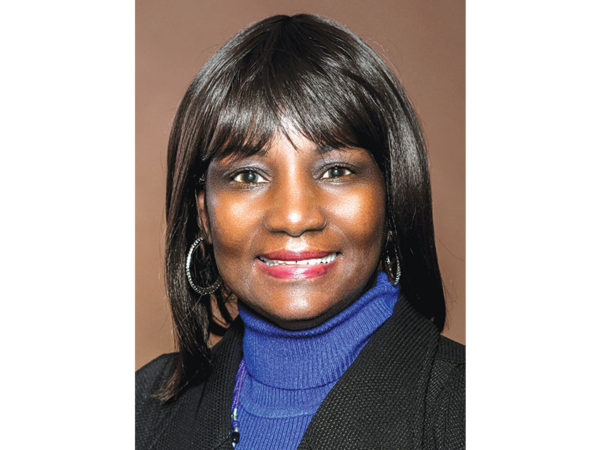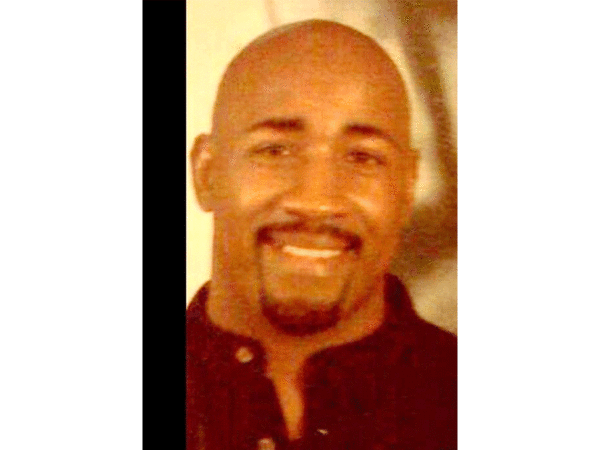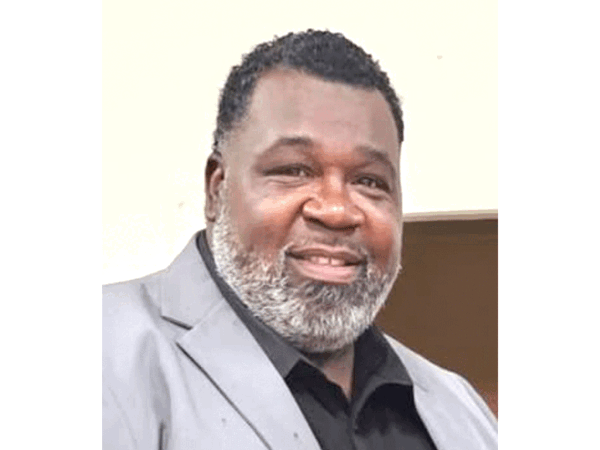House Bill 9 by Representative Villio (Act 6) provides that no person committed to DOC for an offense committed on or after Aug. 1, 2024, is eligible for parole except under limited circumstances, including certain offenders who are serving life sentences for crimes committed when they were under 18 years of age and certain offenders serving life sentences since 1973.
House Bill 10 by Representative Villio (Act 7) provides that an offender who committed an offense on or after August 1, 2024, is not eligible to earn “good time” except under limited circumstances. An offender who has been convicted of a felony and sentenced to imprisonment, with or without hard labor, may earn good time up to a maximum amount of 15% of the sentence imposed. Sex offenders and habitual offenders cannot earn good time. A person who is recommitted to DOC after revocation of parole cannot receive credit for time served for good behavior while he was on parole. The secretary of DOC has sole power and authority to determine when good time has been earned and when diminution of sentence may be allowed.
House Bill 11 by Representative Villio (Act 8) provides relative to violations and sanctions pertaining to probation and parole. The maximum length of the probation period allowed for a noncapital felony is increased from three years to five years. The court’s determination of administrative sanctions for technical violations of probation applies to all offenses rather than only to crimes of violence or sex offenses. The tiered sentencing system for technical parole violations is deleted and the sentence for a technical violation of probation is increased to not more than 90 days. An allegation of a criminal act proved to be either a felony or an intentional misdemeanor directly affecting the person, or an allegation of a crime of violence or sex offense, or domestic abuse battery or battery committed against a dating partner, or violation of a protective order, possession of a firearm, or absconding from the jurisdiction of the court, cannot be considered technical violations.
House Bill 19 by Representative McFarland (signed by the president) appropriates supplemental funding and provides for means of finance substitutions and other budgetary adjustments for Fiscal Year 2023-2024, relative to the Dept. of Military Affairs, the La. Public Defender Board, and the office of state police.
House Bill 23 by Representative Melerine (Act 12) requires civil pleadings alleging a statute or law unconstitutional to be in writing and brought as an ordinary proceeding, and allows the attorney general 30 days to respond. If these provisions are not followed, then any judgment rendering a statute or law unconstitutional is absolutely null and shall be void and unenforceable. The attorney general may directly appeal adverse rulings to the La. supreme court for supervisory review, whether or not the attorney general participated in the underlying proceeding.
If you have any questions, please contact our district offices.



